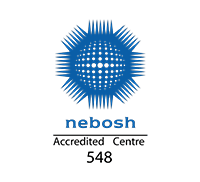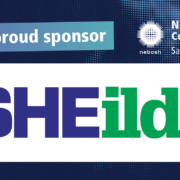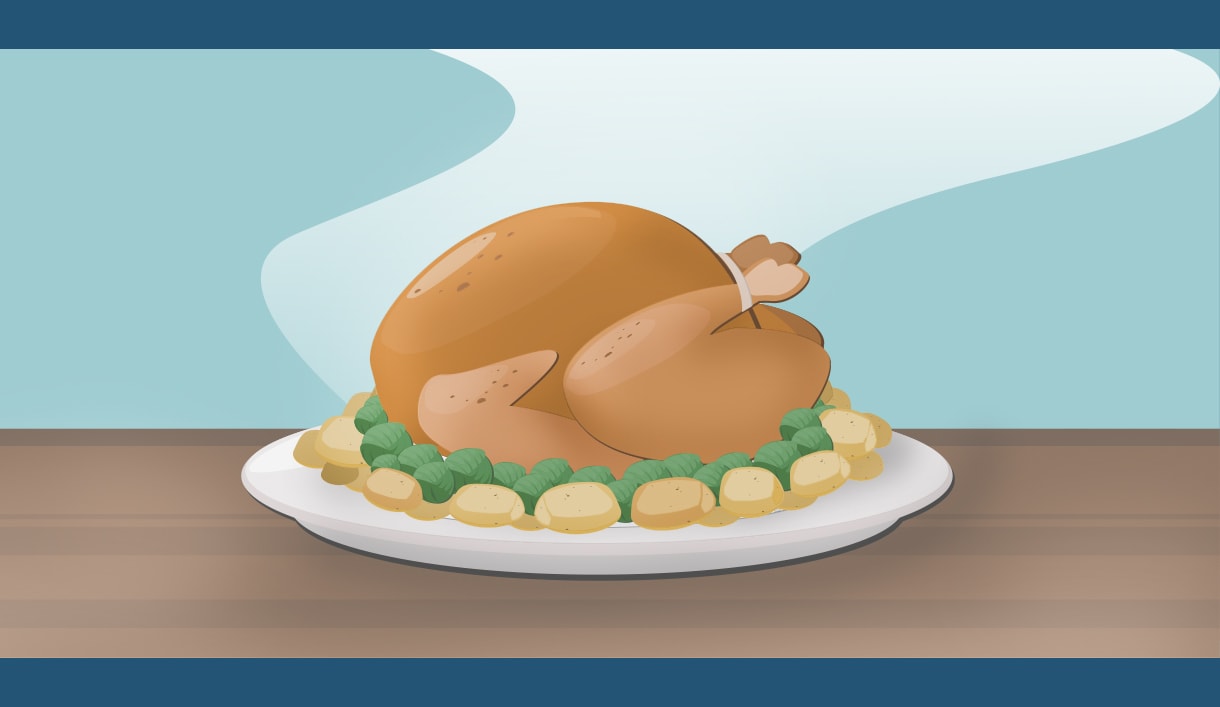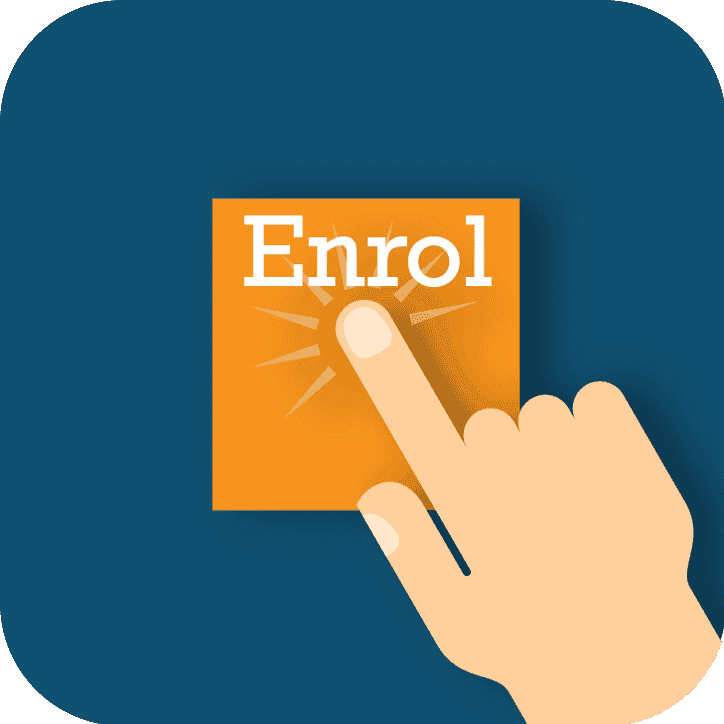Professional Advice for NEBOSH Success
Maximising your Study and Exam Approach
Following the success of our NEBOSH Quick Reference Sheet we released last week, I thought I would build on this with some extra advice for those students who really want to go the extra mile.
Do you just want to pass? Or do you want to get a Distinction? Maybe even a Best Candidate Award? If you’re ambitious, here are some of my own tips which helped me get two Best Candidate Awards in 2008.
Hard Work is Essential
Sorry, not much of a secret this one. It’s everyone’s least favourite piece of advice!
If you want to succeed, then you need to work hard. And NEBOSH qualifications are no different. As this year’s Best Candidate for the NEBOSH International Diploma and SHEilds student Shahzeem Shams put it “There is no shortcut.”
Most of the NEBOSH Certificates require between 80 to 120 hours of each. The H&S Diploma requires over 400 hours of study. That’s 50 x 8 hour days of study. That’s a lot of study. That’s every weekend for a full year. You MUST start early. You should give yourself a minimum of 3 months for each Certificate exam, and a minimum of 6 months for each Diploma exam. These cannot be rushed at the last minute!
Best Candidates will go even further than just studying the course materials. They will invest more study than necessary. They will download and study the relevant HSE and ILO codes of practice on the internet (free of charge) and they will also use Google, Wikipedia, YouTube, and any other website to learn as much as they can about the subject they are studying.
Don’t even think about cheating. You can get banned from sitting further exams for 5 years. Maybe even permanently, putting an end to any career progression!
Study Plan and Organisation
Break down your 120 to 400 hours of study into a plan of how many hours you will study each week, and what topics. Make sure your plan will be complete before the exam(s). Leave yourself some extra time in case you make slower progress than planned.
Create a checklist of topics to study based on the syllabus. Make sure you have covered each one.
Organise a space to study, with no distractions at study times. Don’t get distracted by the smartphone or internet. Just work intensely.
Make Revision Notes
You should make as many notes as you need, and you’ll have to find a format/style that works for you. Some students like to summarise each topic on one sheet of A4 or A5. Some use text, others like to draw Mind Maps. Some people like making catchy acronyms like ERICPD and TILE. But the principle is the same. For each learning outcome write one sheet of paper, with short notes for you to review.
Practice Memory Recall
There is a big difference between understanding a topic, and being able to recall large amounts of information under exam conditions. You need to train your brain like a muscle, so it can remember lists of important information very quickly and without thinking too hard. There are lots of different things you can try to practice your memory recall. Some may work for you, others less so.
NEBOSH exams test understanding, not memorisation. But some memorisation is necessary and will save you precious time in the exam.
- When revising, pretend you are a new NEBOSH trainer, and you will need to explain this information to a new student. Force yourself to understand the information to such an extreme that you can explain it to someone else. If you can’t explain it clearly to a friend or family member, then you need to revise some more.
- Try to structure information in your head logically. For example, when trying to remember the various control measures that apply to a particular hazard (such as inhalation of a chemical) use the hierarchy of controls. It will help you remember the controls for nearly every single hazard.
Structuring information
Ask yourself:
- Can you eliminate exposure? Can you eliminate this process completely? Can you substitute the chemical? Can you substitute the process? Can you brush instead of spray?
- Can you use engineering controls? Extraction? Ventilation? Automation? Enclosure in a booth?
- What administrative controls can you use? Can you restrict access to non-essential personnel? Can you rotate personnel? Can you minimise exposure times? Can you write a Safe System of Work? What about health surveillance? What supervision is needed? What maintenance is needed for the engineering controls? How will you monitor exposure?
- What signage, warnings, and information can you provide? Training? Briefings? Warning signs?
- What PPE is necessary? Respirators? Air fed hood? Safety goggles? Gloves?
Try playing some memorisation games
- My personal favourite: take your course notes or a past exam question/answer, and hide the content with one hand. Try to recite the information from memory. Then check what you missed. Then try again. And again. And again. Continue until you’ve memorised it. Then move on to another topic, and do the same again. Keep ongoing, and later come back to the first topic to see if you can still remember. Keep doing it over and over again.
- Use a friend, partner, family member. Give them the course notes, and get them to ask you questions like “Tell me everything you know about fire detection”. Firstly you need to explain it to them simply so they understand. Secondly they will check what you are saying against the course notes, and will prompt you if you forget something.
Further Revision Tips
- Revise a lot, whenever you have free time. Whilst eating, travelling on the bus, before bed, even while on the toilet! 5min here and there all add up to a lot of hours.
- Practise handwriting. In the 21st century we have lost our good handwriting skills, and we do not have the muscle stamina to write for 2 to 3 hours. Get lots of practice. You do not want to get cramp halfway through the exam, and the Examiner must be able to read your answer!
Keep Revising Fun!
Don’t let your revision devolve into monotony; otherwise it will become draining and boring. Here are some things I have tried:
- Revise by speaking out loud in a bad foreign accent. Sounds crazy, but I found it hilarious.
- Try reciting information while multitasking, like juggling or kicking a ball.
- If you are a musician, play your instrument whilst singing the course notes. Try to make your course notes rhyme like a poem!
- If you have a small baby, read them your course materials instead of a bedtime story. It’s all about the tone of voice, not the words.
Register for the Exam
- NEBOSH exams need to be registered in advance. Do not forget to register!
Before the Exam
- Practice past exam questions and learn as much as you can about exam technique. There are lots of exam technique tips on our eLearning website. Practice every past exam question you can find. If some of these come up at the exam, then take advantage of the easy marks!
- Make use of your tutor. They can review your answers to past exam questions. They will give you feedback on your level of knowledge and your exam technique, suggesting ways to get more marks. Feedback can be painful to hear, but it is best to correct mistakes BEFORE you get to the exam.
- Do NOT rely just on past exam questions. Be prepared for some completely new questions too.
- Your tutor does NOT know what the exam questions will be in advance. So please don’t ask!
- Eat healthily, get some exercise. It is good for your brain. Scientific studies have shown that exercise 4 hours after revising can improve memory recall.
Getting to the Exam Venue, Travelling, and What to Take
- If travelling, it is best to go the day before, in case you have any delays. You do NOT want to arrive at the exam venue late and stressed!
- Visit the exam venue to find exactly where it is, what building/room you will be in, so you are familiar with your surroundings.
- If you can’t visit the venue, leave early and take directions/map/telephone number.
- The night before, eat healthfully, no alcohol, and get an early night. Do not stay up late studying.
- Have breakfast before the exam, including some slow-digesting carbohydrates like oatmeal, or wholegrain bread. If you drink coffee then this can help but don’t overdose. Stay hydrated. The brain needs water.
- Take your exam entry confirmation, photographic ID, a comfortable pen, a very basic calculator (if sitting the Diploma), and a bottle of water or soda (you must be able to remove the plastic label, to prevent cheating).
- Take a snack with you. But it is possible the invigilator will not let you eat it due to problems with students cheating by putting course notes inside the snack packaging.
- Some people say you shouldn’t revise on the day of the exam. It’s up to you. Personally I always revise right up to the last minute. So take your course notes and keep studying.
- Avoid the other students, especially those who are getting stressed. Be the quiet one who is well prepared and focused.
- Go to the toilet before the exam starts. Not during the exam!
- Make sure the exam answer booklet has your name and NEBOSH number on it. Make sure the question paper you receive is for the correct exam!
During the Exam
First thing’s first: stay calm. Do not panic. It is normal for you to find some of the questions quite difficult. Remember, it is ONLY AN EXAM. It is not life and death. Just do your best.
The biggest mistake you can make is at this point: Many students get carried away by exams. They see the questions and they rush to answer them, without reading them properly. STOP! Slow down, take your time. Read the questions carefully.
Starting your exam answers
- Rank the questions from the easiest to the hardest. This is the order you should answer them in. For Diploma students, you will have some choice of questions, so choose which you will answer. Starting with the easiest questions will help build your confidence throughout the exam. It will warm up your memory recall “muscle”.
- Re-read each question before answering. Underline keywords. Ask yourself what the Examiner is looking for. If in doubt, make sure your answer covers all possible interpretations.
- Re-read the questions whilst writing your answer. It is too easy to go off topic when writing a long answer. Bring the answer back to the question.
Respect the Command Word
Write enough detail for the Command Word. If in doubt, write a little more than is required. Best to write too much than too little.
- Give: just give them what they want, without further explanation. Give is often used in “Give the meaning of” something (i.e. define in your own words) and “Give examples of” something.
- Identify: just a list, but still keep it specific.
- Outline: usually a full sentence. Summarise the point you are making in one sentence. No need to explain “how” or “why”.
- Describe: step by step description of a procedure or task, or a physical description of an object (a picture drawn with words).
- Explain: full explanation of how or why. Not necessarily a long explanation, but needs all the detail necessary to understand the how and why of the topic.
- Calculate: exclusive to Diplomas. You need to show all of your workings out to show how you arrived at the solution. Even if the solution is wrong, you can get most of the marks from the workings out.
Answers and marking
- Keep the answers specific and relevant to the context in the question. Even Identify questions require specific answers. Don’t just say PPE or training. What type of PPE? What type of training? It depends on the context in the question. If the question is about kitchen workers, then the answer will be different to an answer about construction workers. Keep the answer relevant to the context. NEBOSH are testing your understanding, not your ability to recite lists.
- Remember that each available mark represents a point you need to make in your answer. If the question asks for control measures, and there are 6 marks, then that means you need to mention at least 6 different control measures to get all 6 marks. In reality some of your points will be incorrect, will have insufficient detail, or will duplicate a previous point, so it is best to provide MORE answers than necessary. For an 8 mark question, you should aim to give 10 to 12 different points in your answer.
- Label your answers to subquestions i.e. a) b) i) ii) etc.
Time management
Manage your time carefully! You need to answer every question. Use the clock on the wall. If you run out of your allotted time for a question, MOVE ON TO THE NEXT QUESTION. No exceptions to this rule. Done correctly, you will have enough time to read all the questions, answer them all, and have some time left over at the end to check everything.
- Certificate exams: give yourself 1 minute for every mark. An 8 mark question should be answered in 8 minutes. The 20 mark question in 20 minutes.
- Diploma exams: the 10 mark questions should be answered in 15 minutes, and the 20 mark questions in 30 minutes.
- I’ll repeat it: when you run out of the allotted time, move on to the next question. You can waste 15min trying to think of something else to say, or you can spend 15min answering two more questions!
Nearing the end of the exam
- If your hand gets tired, or your neck hurts, take a moment to stretch. Put the pen down. Have a drink. Have a think. Take your time. It is a marathon, not a sprint.
- If you have completely mismanaged your time, and you have only 60 seconds to answer your last question, just list/identify the main points. You won’t get full marks, but the Examiner may be able to award you a small number of marks at their discretion. This is an act of desperation though. It is better to manage your time properly!
- If you finish early, stay and keep reviewing your answers. Add extra points if you can think of them. Check the questions, have you read them correctly?
After the Exam
- Don’t spend too much time discussing the exam with other students. They’ll probably stress you out by reminding you of things you forgot to say in your answers, or making you think you read the question incorrectly.
- If you have another exam that afternoon or the next day, get some rest. Study when you get your energy back.
- Don’t waste any time worrying about the result. Worrying will not get you anywhere. The result will be with you in 10 to 12 weeks. Should you fail any of your NEBOSH exams, our expert tutors will continue to guide you; and If you have more exams to take, start studying straight away!
- See our blog to find out more about NEBOSH exam results, distinction, credit, pass and referral.
With all that said and done, work hard and good luck!
Will Taylor, CMIOSH, BSc(Hons.), DipNEBOSH, EnvDipNEBOSH









Good tips i read it carefully hope this will be help me during exam Unit A in january 2017.
It’s found good to me. Thanks
Hi Muhammad,
We are very pleased you found our professional NEBOSH advice useful. Good luck with your studies.
We post nebosh advice often within our blogs, so please feel free to comment or ask more specific questions for the best feedback.